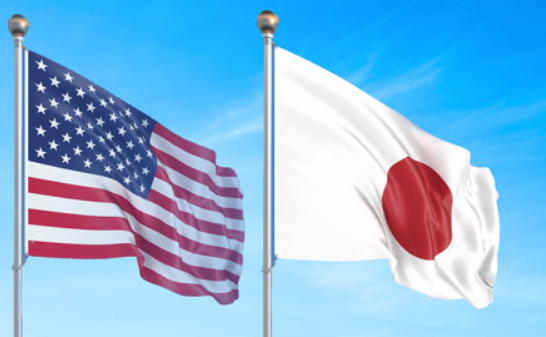The Japanese Pharmacopoeia (JP) and the United States Pharmacopeia (USP) unveiled a new pilot project aimed at advancing the forward-looking harmonization of pharmacopoeial standards for pharmaceutical substances and medicinal products.
For years, the JP and USP, in collaboration with the European Pharmacopoeia, have engaged in the retrospective harmonization of general chapters and excipient monographs under the aegis of the Pharmacopeial Discussion Group (PDG), established in 1989. Additionally, in September 2016 and June 2017, the USP, along with Japan's Ministry of Health, Labour and Welfare (MHLW) and the Pharmaceuticals and Medical Devices Agency (PMDA), entered into memorandums of cooperation (MOC) and a confidentiality arrangement. These agreements were aimed at enhancing the relationship and fostering cooperation between these entities.
This pilot program for prospective harmonization is an initiative under the MOC between the USP and MHLW/PMDA and will operate independently from the PDG's efforts in harmonizing excipients and general chapters. The goal of pharmacopoeial harmonization is to alleviate the burden on manufacturers by aligning compendial tests across different regulatory regions. This pilot focuses on extending PDG’s current efforts in harmonizing pharmacopoeial standards to include both pharmaceutical substances and medicinal products. For this initiative, Dapagliflozin Propylene Glycol Hydrate and Dapagliflozin Propylene Glycol Tablets (referred to as Dapaglifozin Propanediol and Dapagliflozin Tablets in the US) have been chosen as the pilot articles.
Through this program, the JP and USP will jointly strive to harmonize the monographs of Dapagliflozin Propylene Glycol Hydrate and Dapagliflozin Propylene Glycol Tablets. They aim to explore the potential and challenges in extending the harmonization of pharmacopoeial standards to include drug substances and products. The insights gained from this endeavor will be instrumental in enhancing further harmonization and fostering international collaboration among pharmacopoeias globally.
(Based on the materials published on the USP website).

